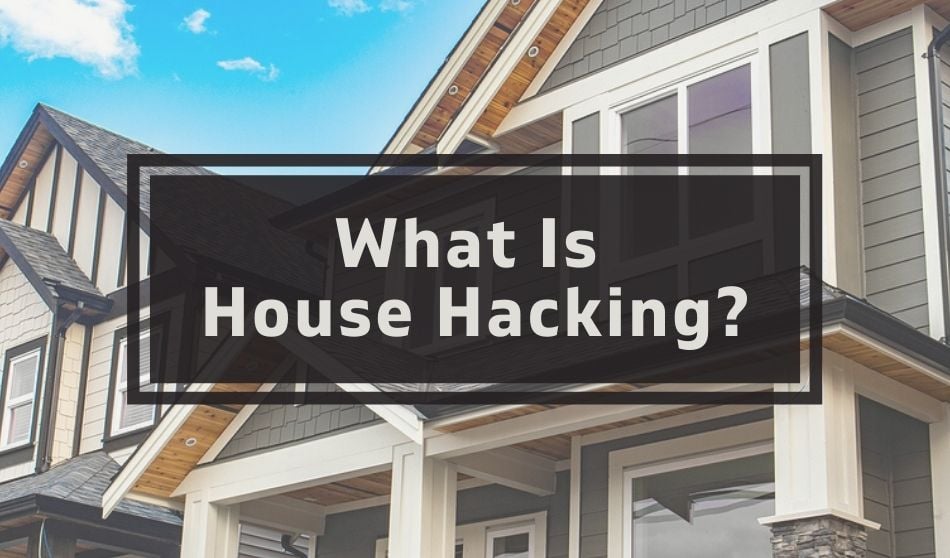House hacking, a real estate investment strategy where individuals live in one unit of a multi-unit property while renting out the other units to cover expenses, has gained popularity among investors seeking to generate passive income and build wealth through real estate. Duplexes, in particular, are a popular choice for house hacking due to several compelling reasons:
Income Generation: Duplexes offer the opportunity to generate rental income from one unit while living in the other. By renting out the second unit, house hackers can offset their mortgage payments, property taxes, insurance, and maintenance costs, thereby reducing their housing expenses or even living rent-free.
Lower Down Payment: Financing a duplex as an owner-occupant can offer more favorable terms compared to investment properties. For example, FHA (Federal Housing Administration) loans and other government-backed mortgage programs typically allow owner-occupants to purchase duplexes with lower down payments and more lenient qualification criteria, making it easier for first-time investors to enter the market.
Diversification of Risk: Owning a duplex provides diversification benefits compared to single-family homes. With two rental units, investors have multiple income streams, reducing the risk of vacancy and income loss. Even if one unit is vacant or experiences turnover, the income from the other unit can help cover expenses.
Easier Management: Managing a duplex is often more manageable than larger multi-unit properties, such as apartment buildings or commercial complexes. With only two units to oversee, investors can handle property management tasks more efficiently, reducing the time and effort required to maintain the property and respond to tenant needs.
Flexibility: Duplexes offer flexibility in terms of living arrangements and future use. Investors can choose to live in one unit while renting out the other, allowing them to benefit from rental income while maintaining the option to occupy both units in the future. Additionally, duplexes can be converted into single-family homes or sold separately as individual units, providing exit strategies for investors.
Tax Benefits: Like other investment properties, duplexes offer various tax advantages, including deductions for mortgage interest, property taxes, depreciation, and operating expenses. Investors can also take advantage of favorable capital gains treatment and 1031 exchanges to defer taxes on property appreciation.
Appreciation Potential: Duplexes located in desirable neighborhoods with strong rental demand and appreciation potential can provide long-term wealth accumulation through property appreciation. As property values increase over time, investors can build equity and leverage their duplexes to finance additional real estate investments or other financial goals.
Overall, the combination of rental income, favorable financing options, diversification benefits, management ease, flexibility, tax advantages, and appreciation potential makes duplexes an attractive option for house hacking and real estate investment. However, investors should conduct thorough due diligence, evaluate market conditions, and carefully analyze the financials to ensure that a duplex aligns with their investment objectives and risk tolerance.

